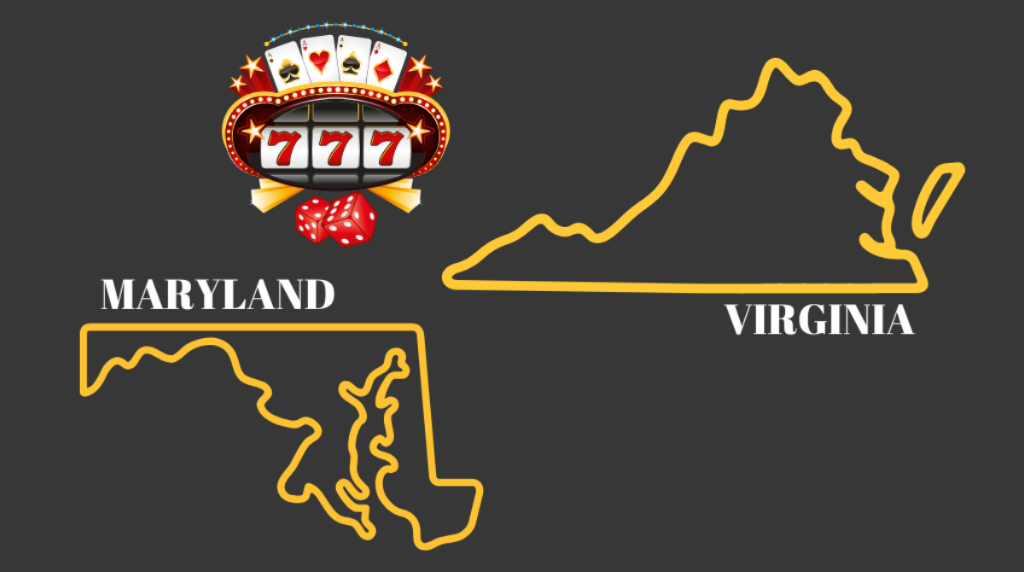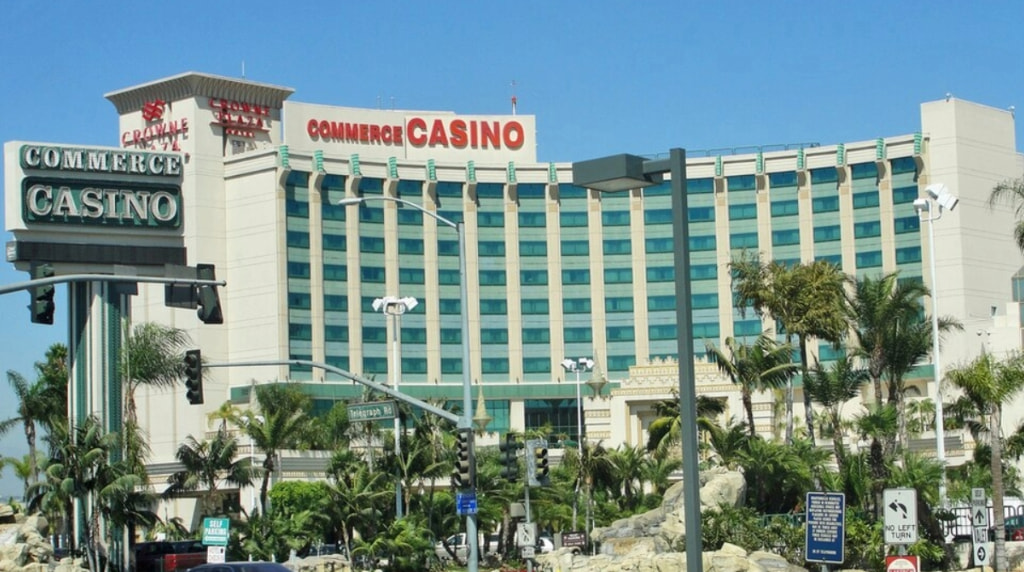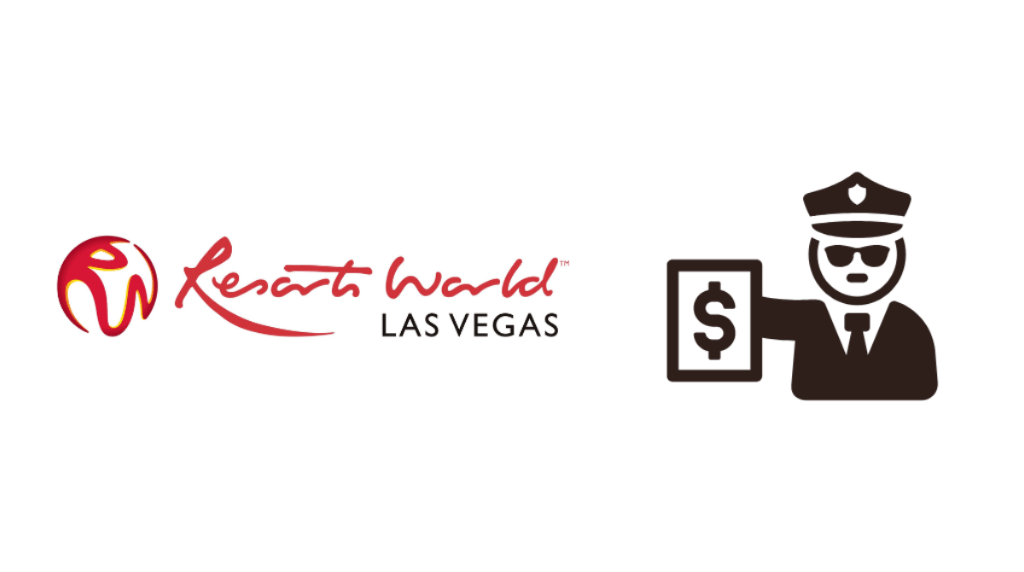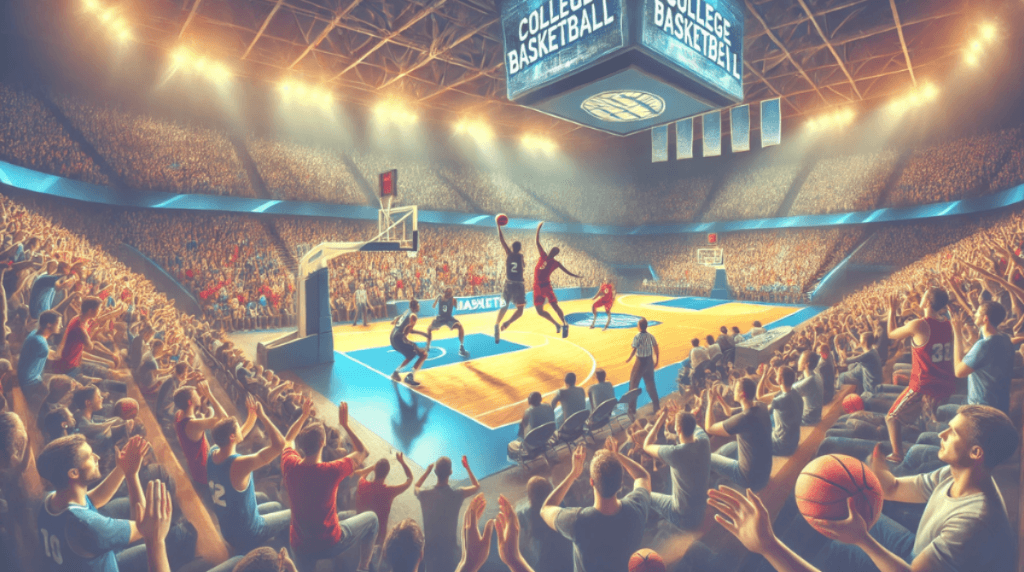Maryland and Virginia Legislators Plan to File Online Casino Bills in ’25
Maryland and Virginia are leading the push for online casino legislation in 2025. A pair of lawmakers in those statues hope to gather support.

Legal online casinos could be coming to Maryland and Virginia.
Key Facts:
- House Bill 17 is the second Maryland online casino bill sponsored by Del. Vanessa Atterbeary
- Virginia State Senator Mamie Locke’s online casino bill would provide for casinos and live dealer games
- Other states could consider iGaming legislation in upcoming legislative sessions
As the 2025 legislative season begins, state lawmakers across the United States are preparing to tackle the expansion of online casinos, with Maryland and Virginia emerging as pivotal battlegrounds for iGaming legislation.
Bills filed in both states aim to establish comprehensive frameworks for digital gambling, setting the stage for transformative shifts in the gaming industry.
Maryland’s Renewed Push for iGaming
In Maryland, Delegate Vanessa Atterbeary, chair of the House Ways and Means Committee, is spearheading efforts to legalize online casinos through House Bill 17 (HB 17).
The proposed legislation, pre-filed in December, will formally be introduced on January 8 when the legislative session opens. If enacted, iGaming in Maryland would be regulated by the Maryland State Lottery and Gaming Control Commission (MSLGCC).
Atterbeary’s latest proposal echoes her 2024 initiative, which cleared the House but failed to advance in the Senate due to concerns over its potential impact on retail casinos. The updated version addresses these apprehensions while expanding opportunities for gaming operators.
Existing video lottery operators and sports betting facilities would be eligible to apply for online casino licenses. Additionally, the MSLGCC would be able to issue five licenses to applicants meeting specific regulatory criteria.
The bill incorporates progressive features, including guidelines for “social equity applicants” from economically disadvantaged areas and provisions for multi-state iGaming agreements, potentially allowing digital poker platforms to operate across state lines.
Revenue generated from online casinos would support education, responsible gambling programs, and Maryland’s horse racing industry, with funds allocated for purses and a Racetrack Renewal Fund.
Key provisions of HB 17 include a $1 million licensing fee, with five-year renewals set at 1% of average annual revenue. Operators may deduct 20%-35% of promotional play from gross gaming revenue during the first five years. It would also require 1% of tax revenue to be used to fund responsible gambling initiatives.
Virginia Eyes iGaming Expansion
In neighboring Virginia, Senator Mamie Locke has introduced a parallel proposal to legalize online casinos, including live dealer games. Her bill, also pre-filed in December, would impose a 15% tax on adjusted gross revenue from iGaming operations.
The measure grants licensed retail casinos the ability to apply for online gambling licenses, with each operator permitted up to three distinct digital brands. Online poker platforms would be eligible to operate under separate branding.
The proposal includes robust safeguards for responsible gaming, such as mandatory display of the “1-800-GAMBLER” hotline and problem gambling resources. Licenses would require a $1 million application fee and would remain valid for five years. The legal gambling age for online casinos in Virginia would be 21.
The proposed Virginia iGaming legislation mirrors the state’s approach to sports betting, with regulators expected to open a 30-day application window for potential licensees. The state’s legislative session runs from January 8 to February 22, providing a tight timeline for the bill’s consideration.
Other States Could Consider iGaming Legislation
The moves by Maryland and Virginia reflect a growing trend of states exploring iGaming as a significant revenue source. These efforts align with a national push to modernize gaming legislation and expand digital gambling opportunities. Industry stakeholders argue that robust regulatory frameworks can support economic growth while ensuring player protection.
As 2025 unfolds, Maryland and Virginia’s legislative debates will be big headlines on online casinos and iGaming in the United States. With gaming legislation evolving rapidly, the eyes of the industry and nation’s eyes are firmly fixed on these two states as they navigate the complexities of online gambling.




